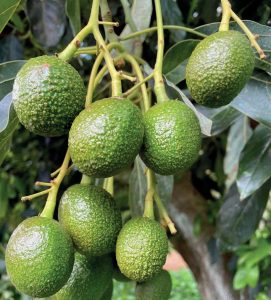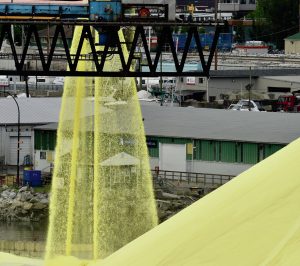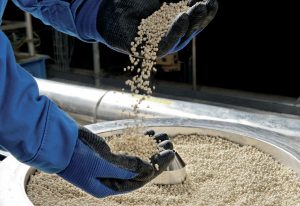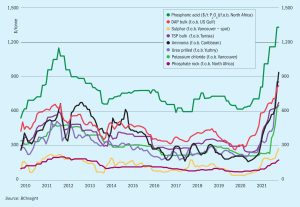Fertilizer Latino Americano welcomes you to Miami!
Argus in collaboration with CRU will convene the 2022 Fertilizer Latino Americano conference in Miami, Florida, 21-23 March.
Argus in collaboration with CRU will convene the 2022 Fertilizer Latino Americano conference in Miami, Florida, 21-23 March.

Market Insight courtesy of Argus Media

Correct fertilizer usage at each crop stage can helps avocado growers improve their yield, quality and profitability. ICL’s Mateo Martinez and Alveiro Salamanca-Jimenez explain how growers can supply crop nutrients to avocado trees, efficiently and effectively, using economically- and environmentally-sustainable principles.

Sulphur is becoming an increasingly vital crop nutrient – due to a combination of lower sulphur deposition from the atmosphere, the increasing prevalence of high-analysis fertilizers and higher cropping intensity.

EuroChem Group recently completed the purchase of the Serra do Salitre project from Yara International for $452 million. This one million tonne capacity Brazilian phosphate project is due to be completed in 2024.

Efficient size preparation and ore transport are key prerequisites for successful potash and phosphate production. We highlight the range of equipment options.

The ability to incorporate elemental sulphur within urea granules to create a fertilizer carrier has excellent potential as an answer to global soil sulphur deficiency. This technology is already available for commercial implementation and offers many benefits, as Bernd Peuckmann and Harald Franzrahe of thyssenkrupp Fertilizer Technology explain.
A complete listing of all articles and news items that appeared in Fertilizer International during 2021

Market Insight courtesy of Argus Media

We look ahead at fertilizer industry prospects for the next 12 months, including the key economic and agricultural drivers likely to shape the market during 2022.